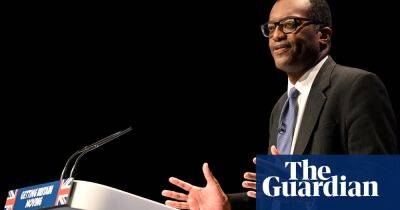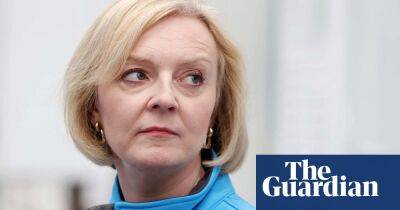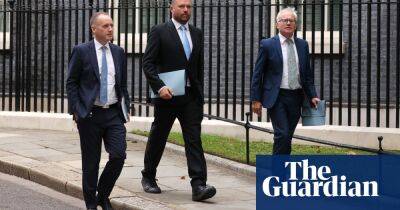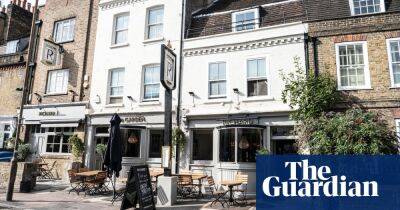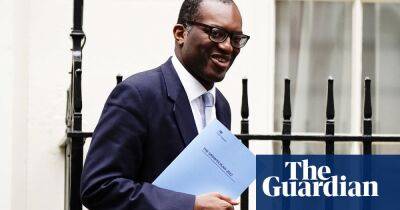Why the ‘Barber boom’ that Kwasi Kwarteng’s mini-budget recalls was destined for disaster
The recklessness of chancellor Kwasi Kwarteng’s “budget for growth” evokes memories of the disastrous outcome of the last great Conservative “dash for growth”: the so-called “Barber boom” of 1971-73.
I say so-called because the wildly expansionist policy of those years was essentially the work of PM Edward Heath. His preferred chancellor, Iain Macleod, had died within a month of taking office in 1970, and Heath was thenceforth the driving force in economic policy.
It was Heath who was responsible for the famous U-turn in the winter of 1971-72. The previous policy was one of “setting the people free” by reining in public expenditure, cutting taxation and not “propping up lame ducks” when companies fell into trouble. (Any resemblance to Liz Truss’s leadership campaign pledges is coincidental.)
All of this changed that winter, when unemployment reached what was then regarded as the politically and socially intolerable level of 1 million; a major employer, Upper Clyde Shipbuilders, was threatened with closure; and the chief constable of Glasgow telephoned the PM to say he could no longer be responsible for public order unless it was rescued.
There was panic in the ranks, and the policy became one of corporate rescue and expansion at almost any cost. There is nothing new about Kwarteng’s emphasis on growth. Heath and Barber introduced an official growth target of 5% between 1971 and 1973, public expenditure controls were lifted, and in his budget chancellor Anthony Barber spoke of his object: “To achieve a rate of growth twice as fast as in the past decade.”
There were obvious concerns about inflation during boom times. Heath introduced a well-intentioned but unfortunately timed incomes policy under which wage increases would be
Read more on theguardian.com






